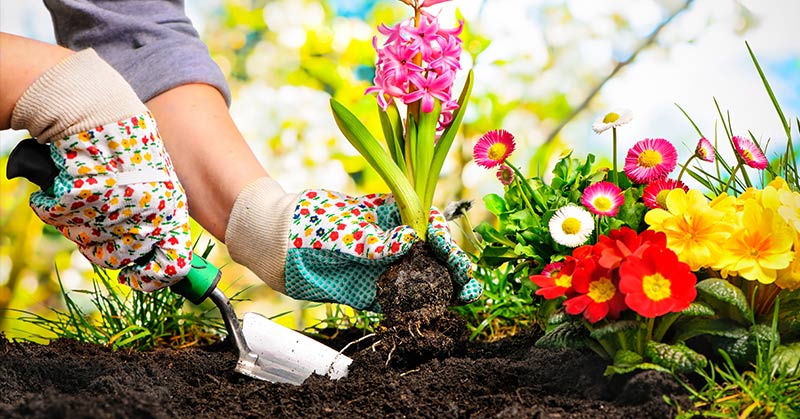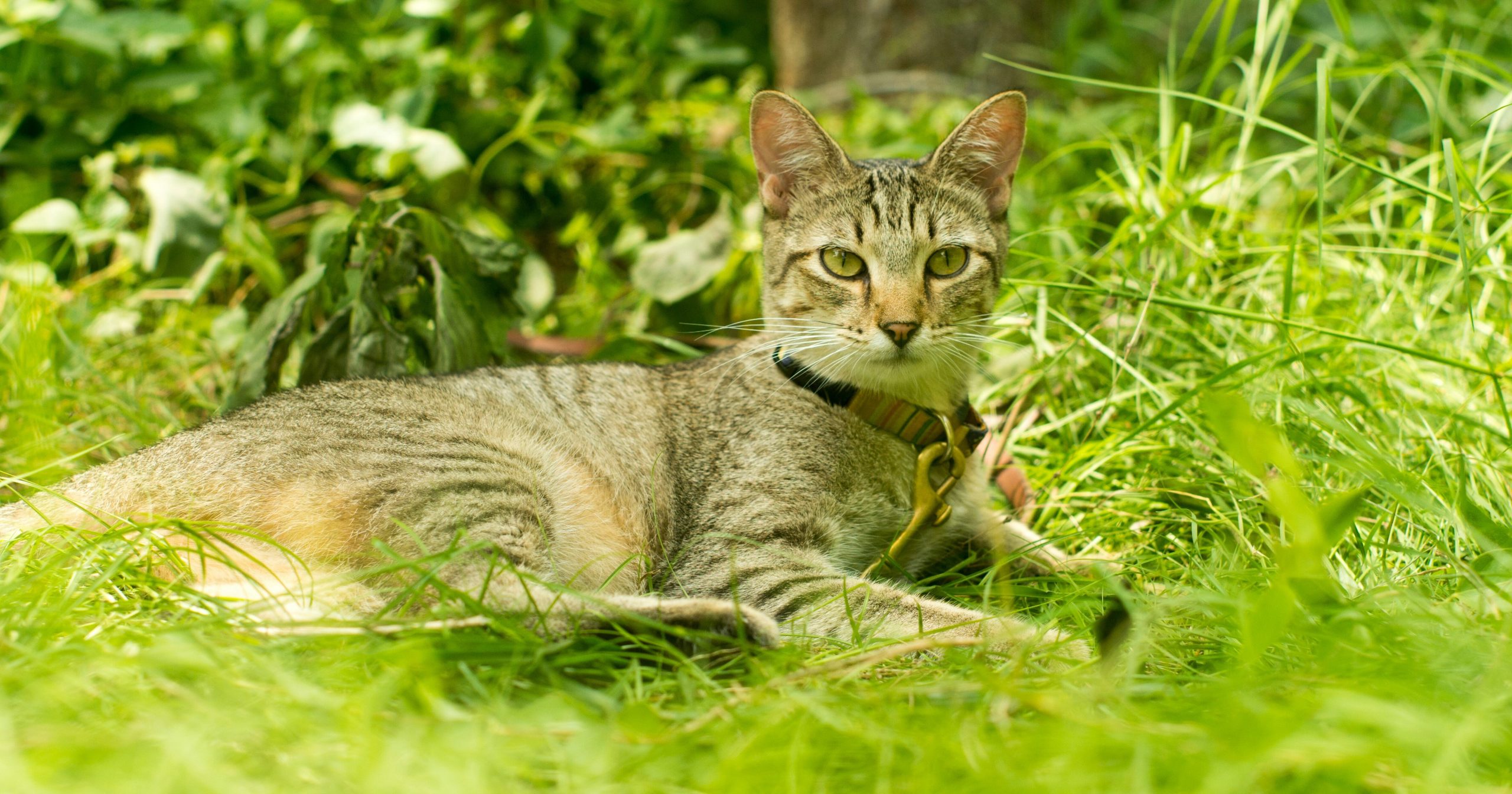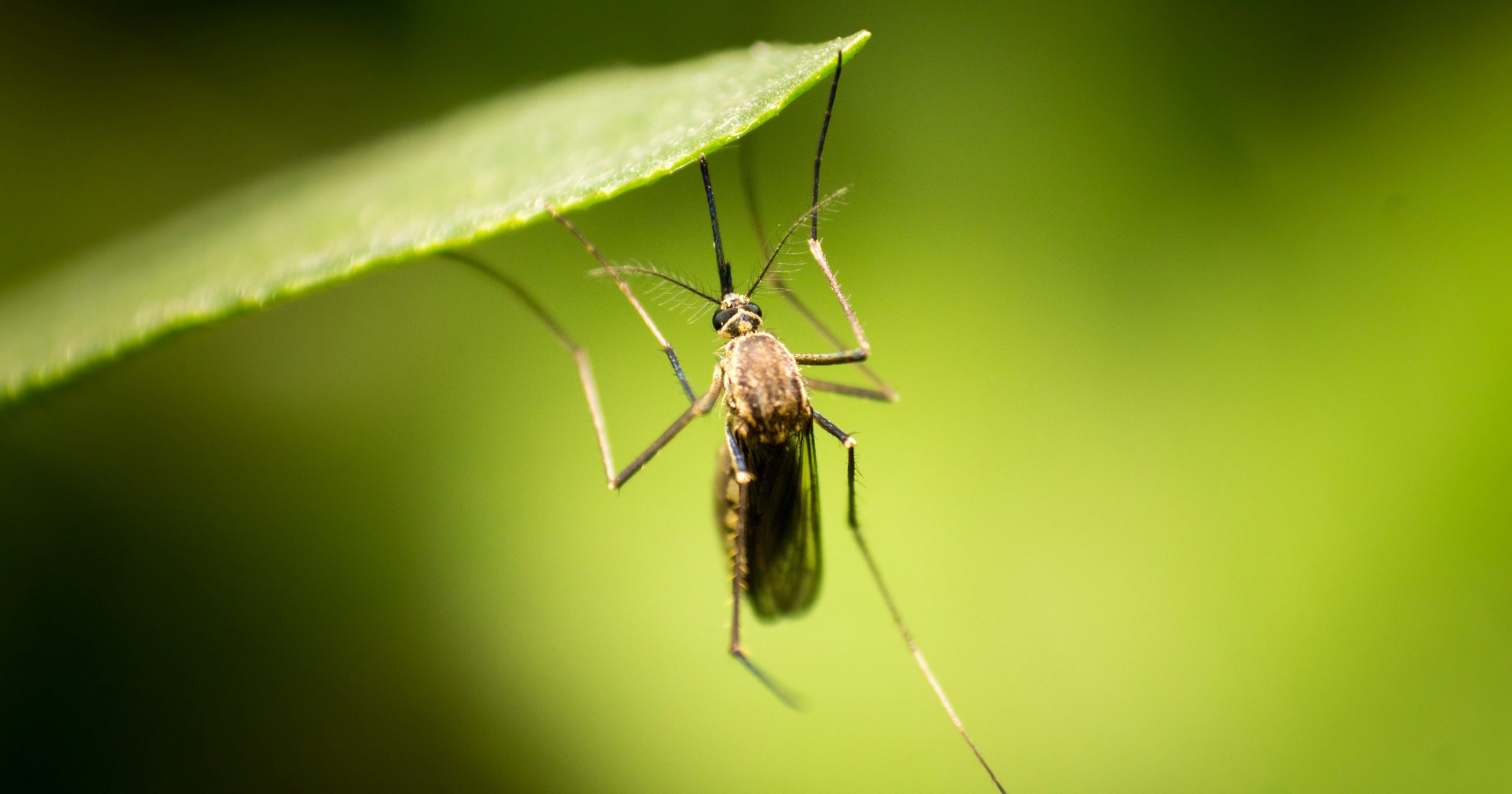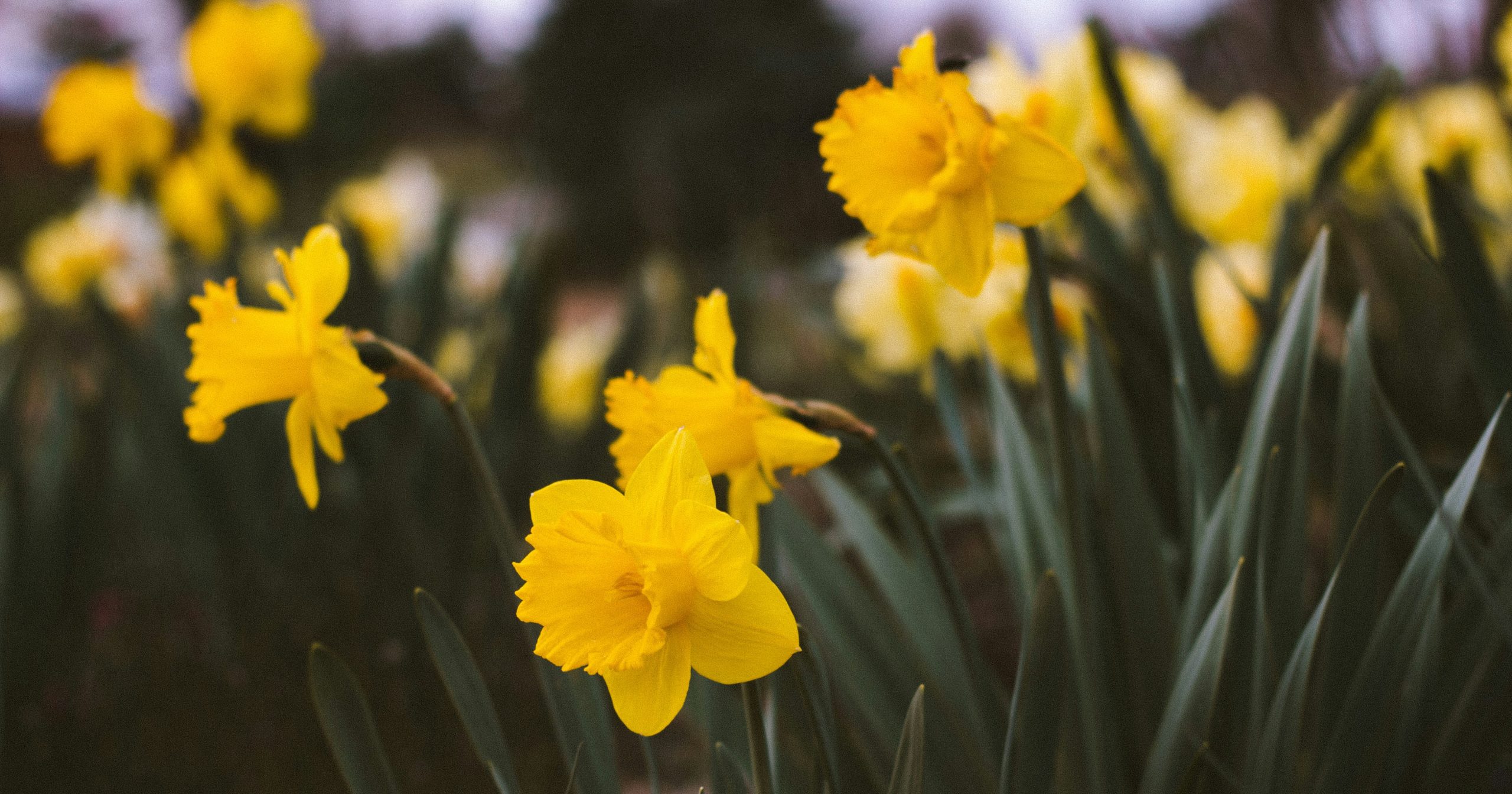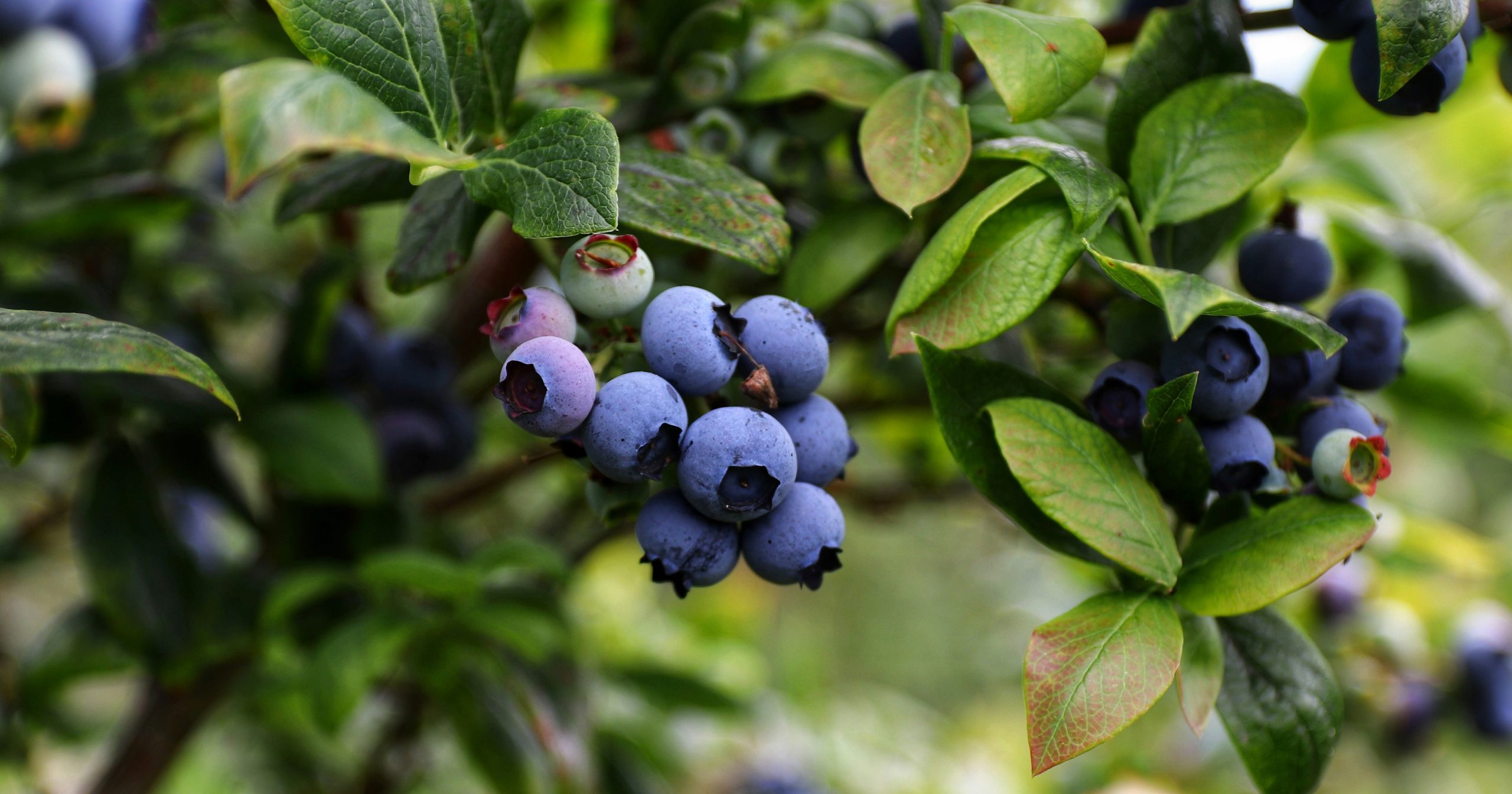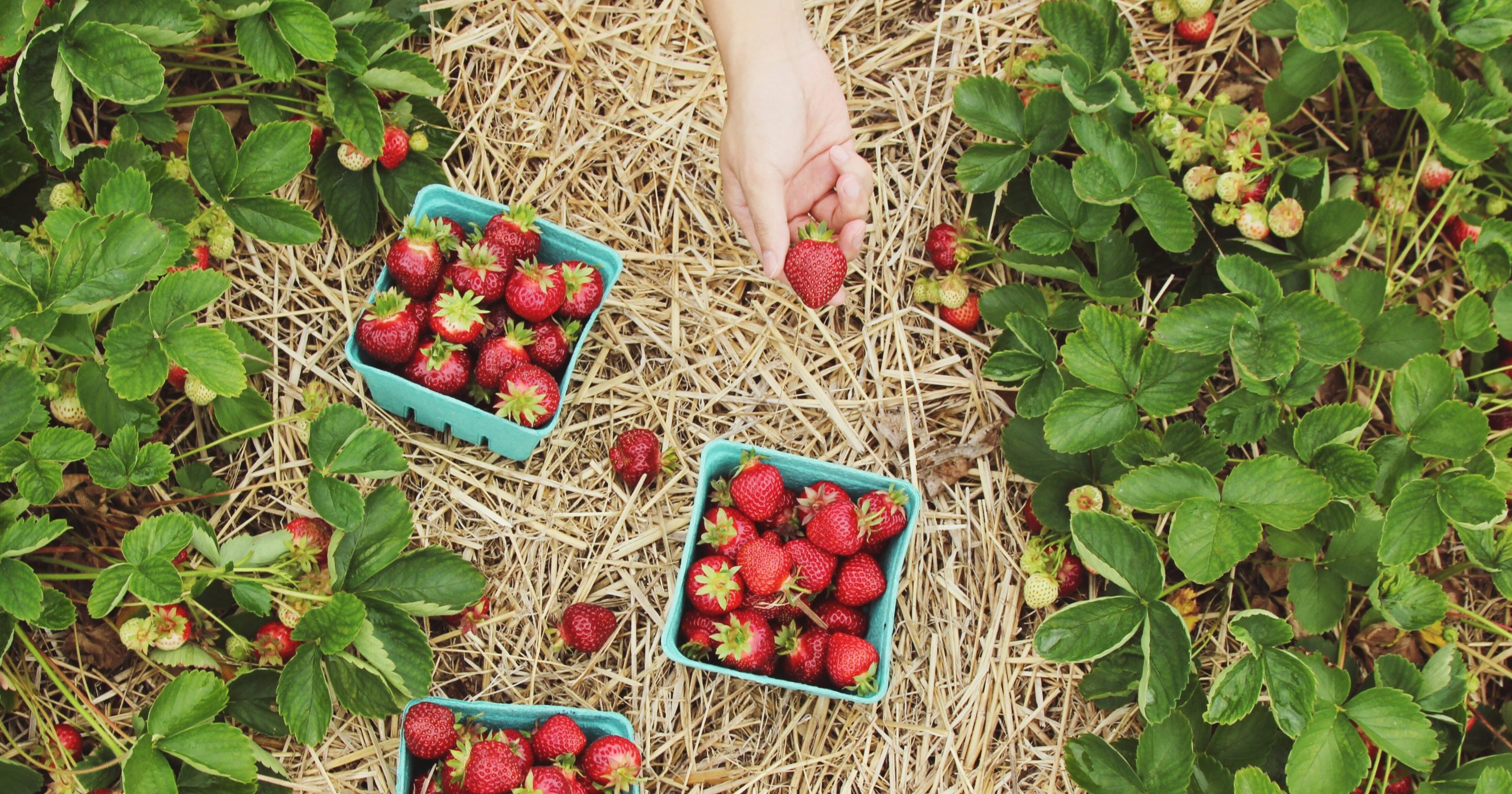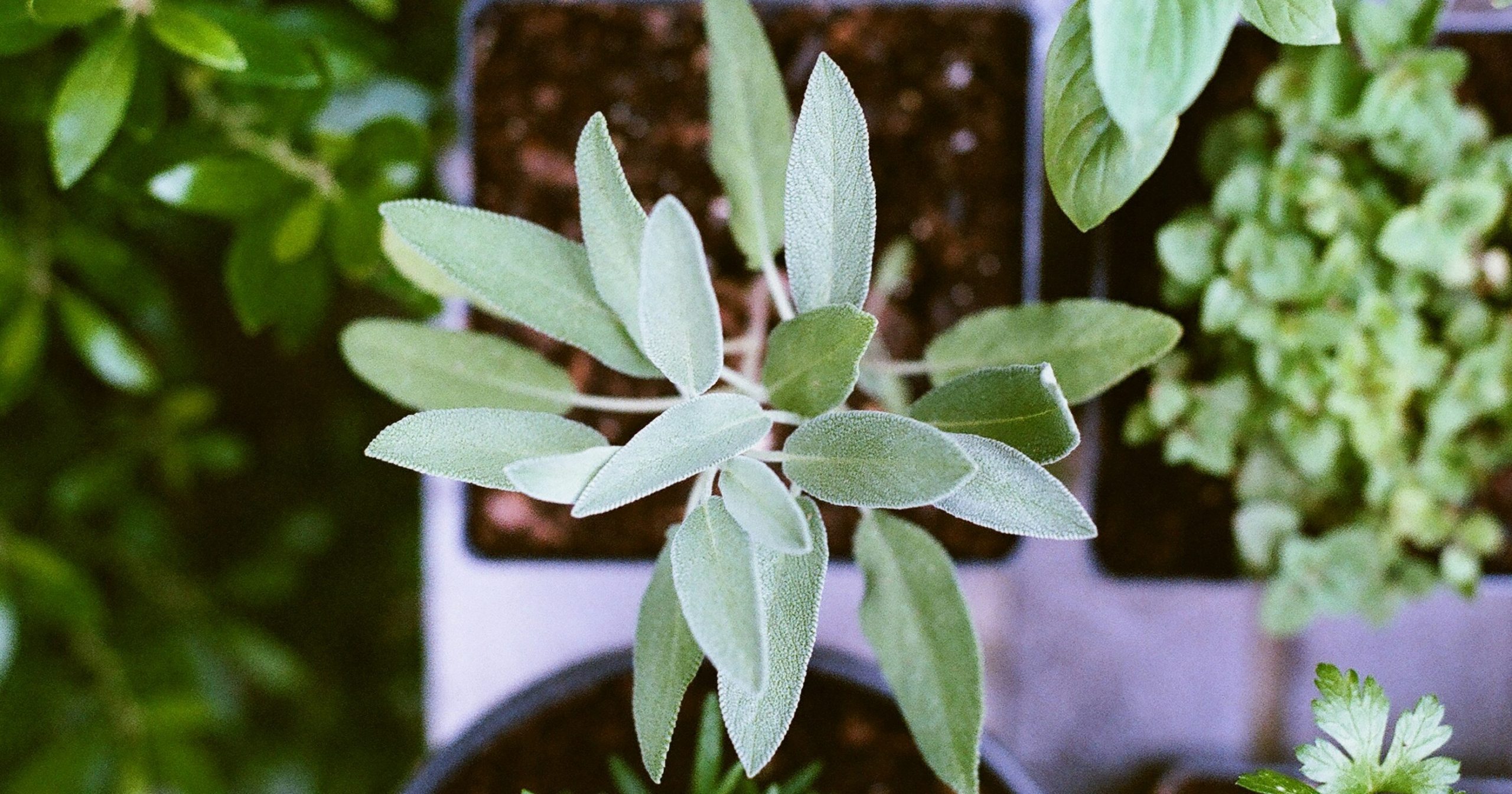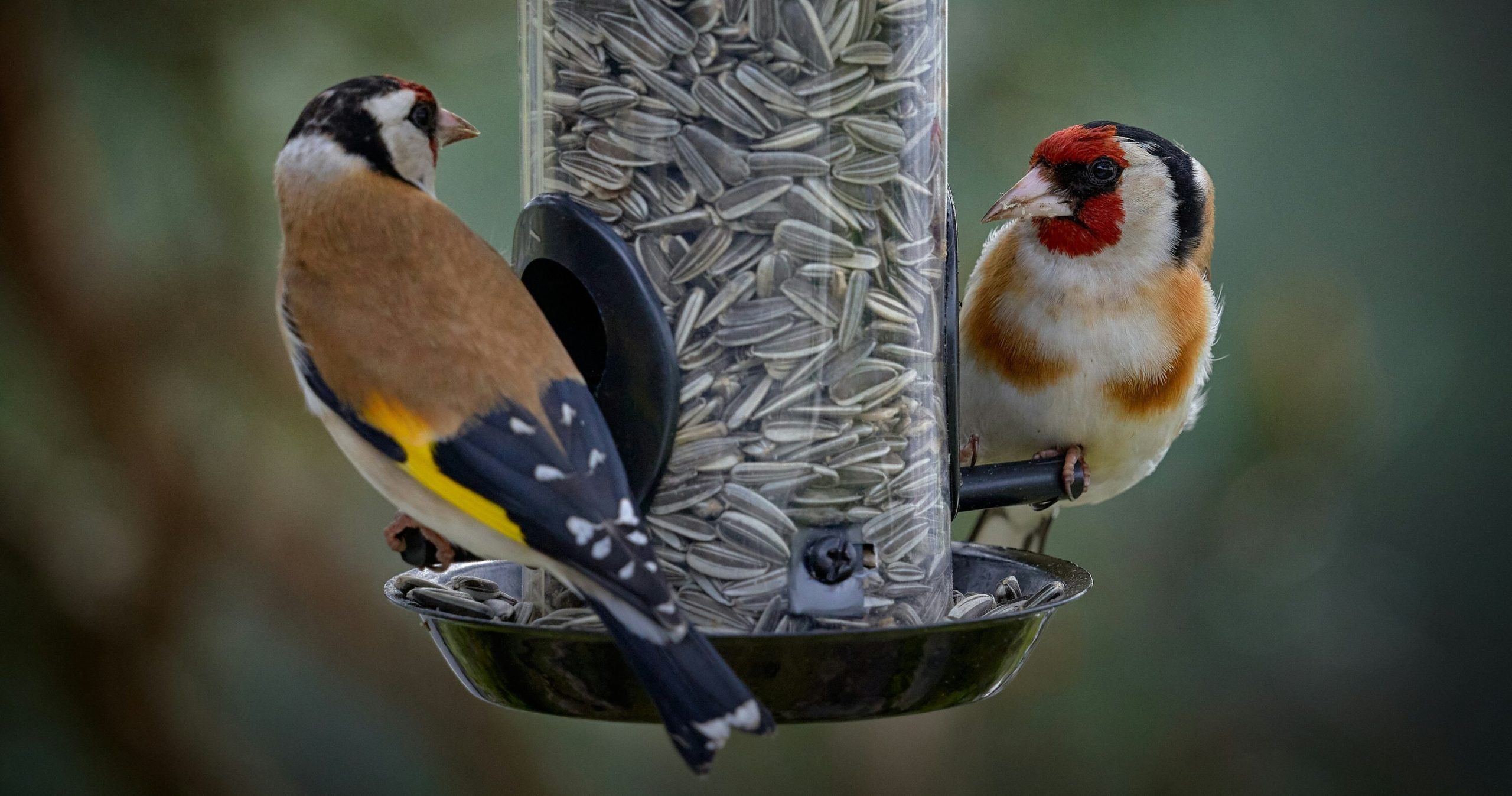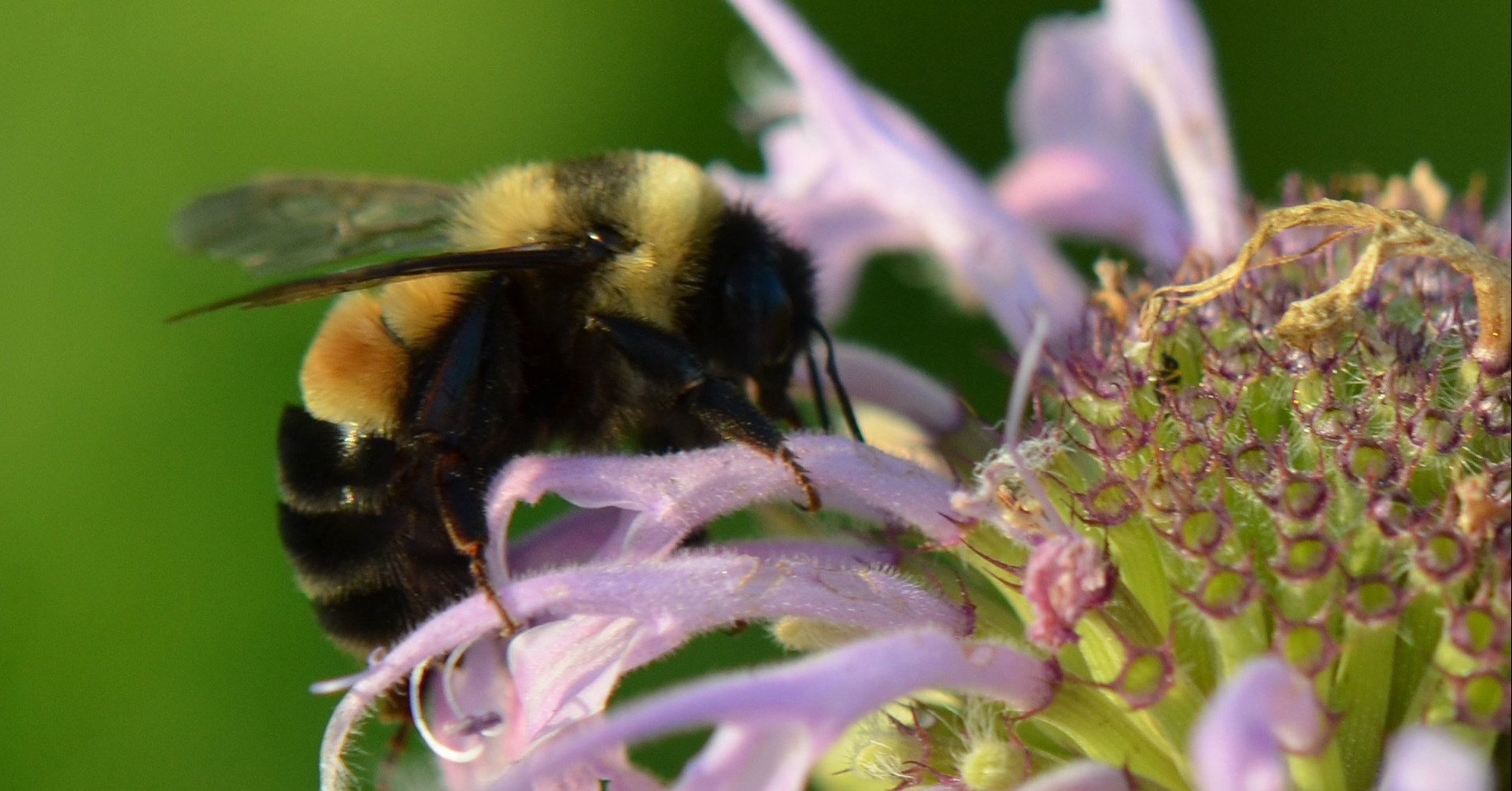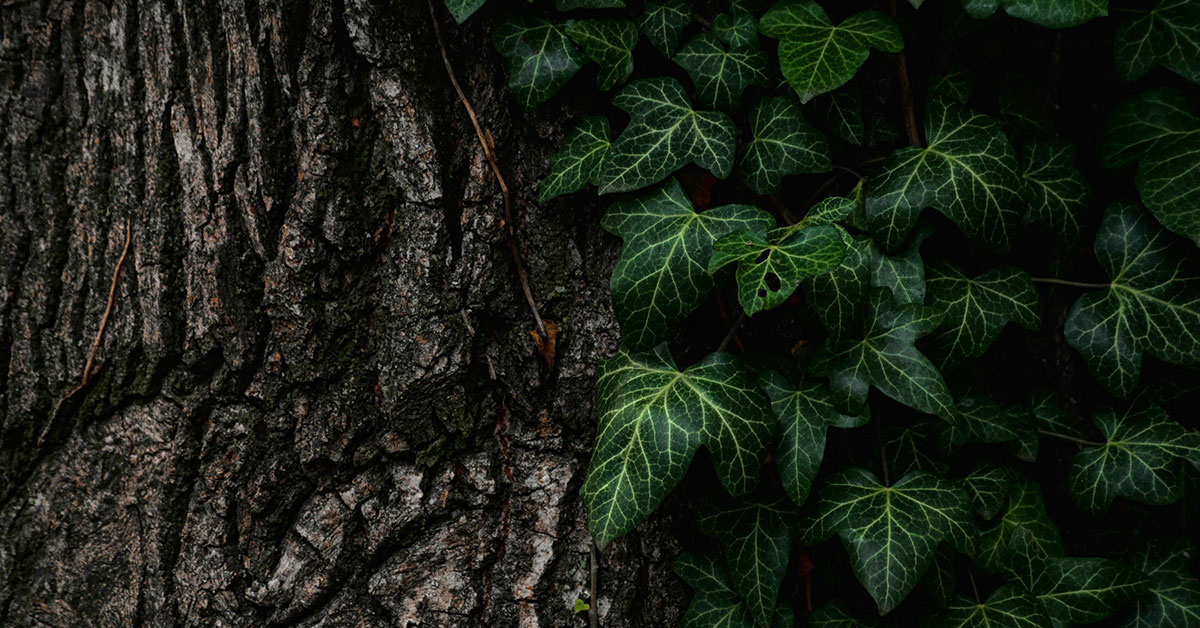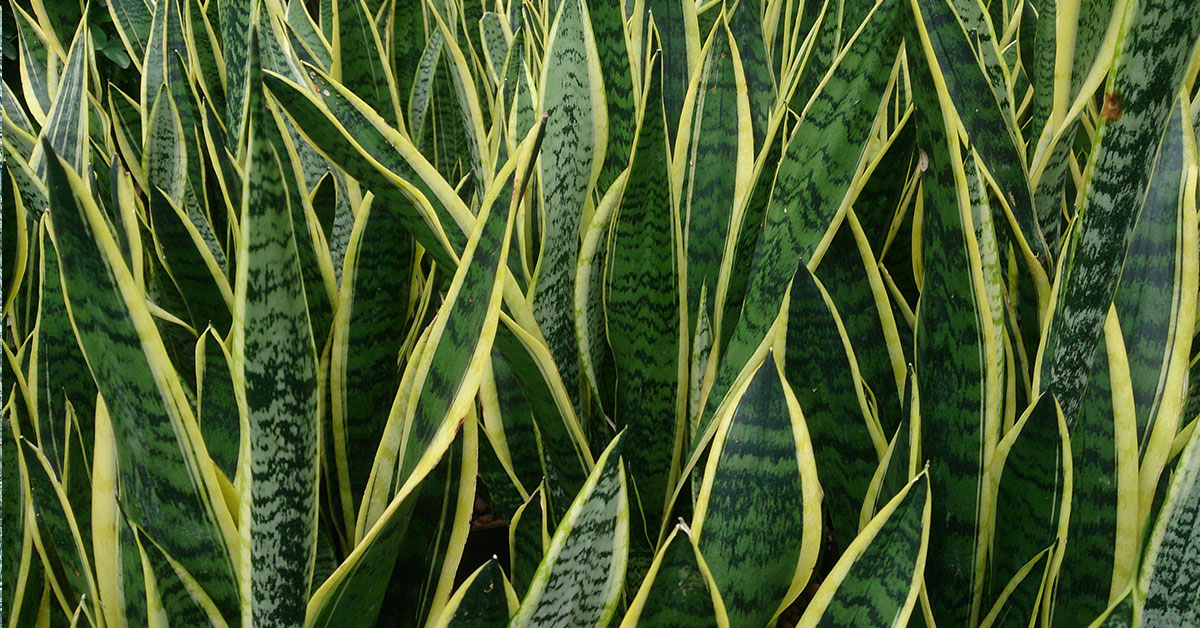Gardening is a fun and fruitful hobby, and more people are catching on to the importance of gardening in recent years. Between 2008 and 2013, the number of American households involved in growing their own food, either at home or in a community garden, increased from 36 million to 42 million. [1] That’s a 17 percent increase! If you’re thinking about starting a garden but don’t know why it’s important, we’ve got you covered.
Why is gardening important?
Gardening provides tons of benefits for you, your health, your environment, and your local economy. A garden can be started any time of the year. There’s even gardening work that can be done in the winter most places! Let’s dig in to 5 reasons why gardening is important.
Gardening is good exercise
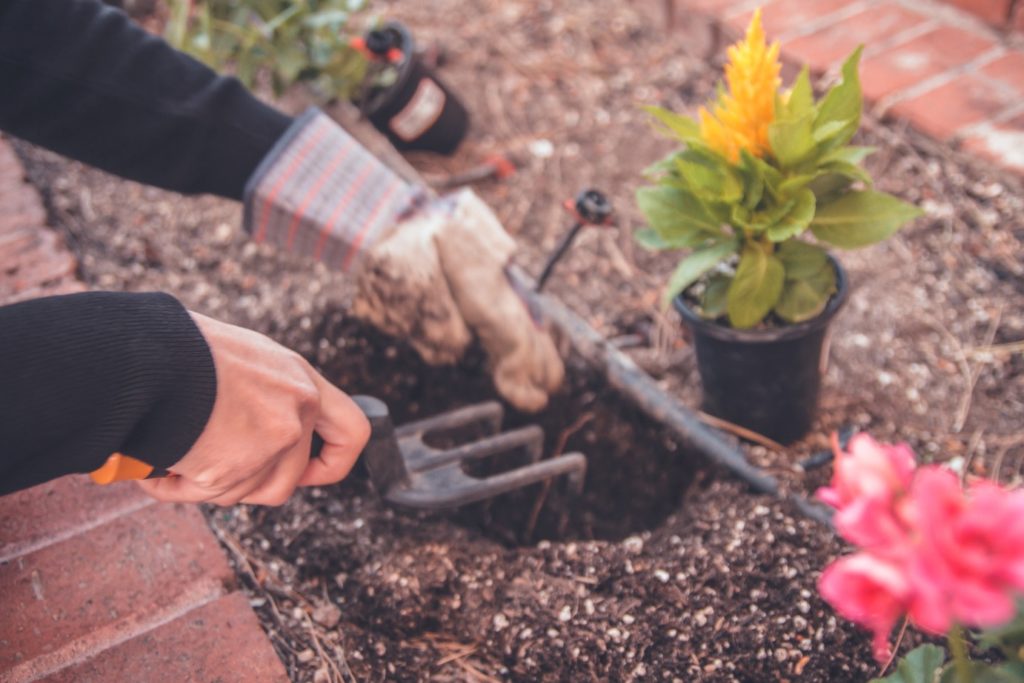
According to a report by the Centers for Disease Control and Prevention released in 2018, only 23% of Americans get enough exercise. [2] Their guidelines suggest that we get at least 150 minutes of moderate exercise or 75 minutes of vigorous exercise each week, but most don’t hit either mark. This is where gardening comes into the picture.
It may not seem like a particularly strenuous activity, but gardening is good exercise and it can work up quite a sweat too. According to WebMD, general gardening activities like planting flowers and pulling weeds can burn anywhere from 200-400 calories per hour. [3] Raking leaves burns 350-450 per hour, and mowing a lawn will burn 250-350 calories per hour.
Read More: How Many Calories Does Gardening Burn?
Gardening is good for the planet

Your garden may seem small, occupying just a slice of your yard, but it’s having a far bigger impact than you might think. Gardening is important for the environment because it provides clean air, food, and habitat for local fauna. The flowers your vegetables produce will be visited by pollinators, some of which may be threatened with extinction due to habitat loss and food scarcity.
Growing a garden also reduces the carbon footprint of your food. When you grab an eggplant from the store to make your world famous eggplant parmesan, you probably don’t think too much about the energy expenditure required to get that eggplant. But it had to be grown somewhere, likely far away from you. It was picked, processed, and likely trucked to multiple locations before landing on the produce shelf of your local market.
If you grew that eggplant, there would probably still be some carbon footprint involved with it, like shipping the seeds to your local nursery, but the footprint will be smaller.
Read More: How To Build A Straw Bale Garden
Your garden grows healthy food
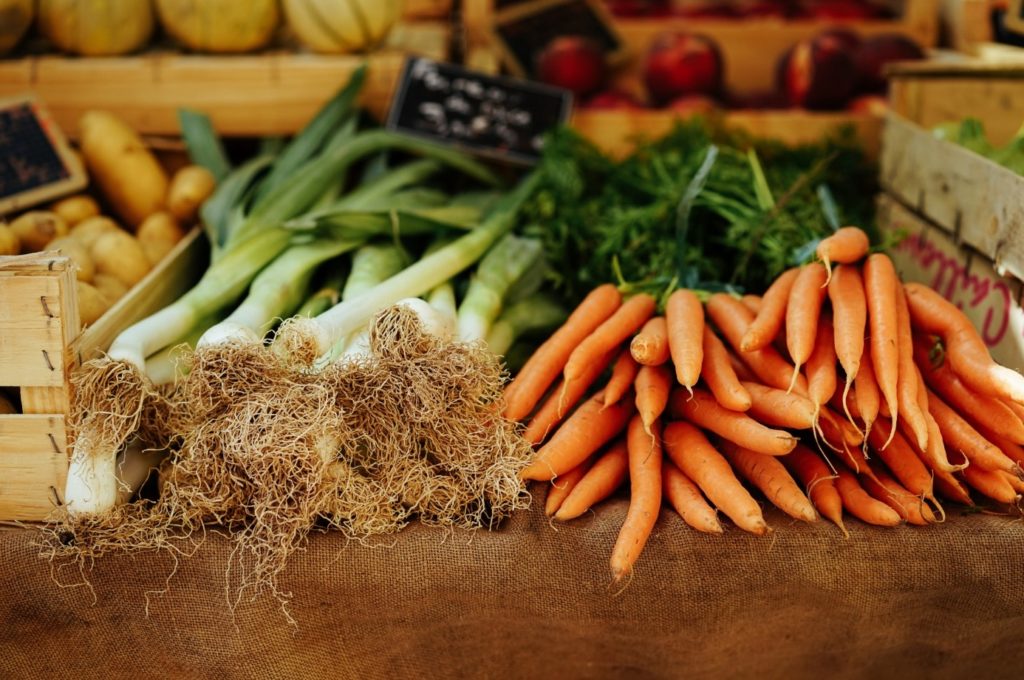
When you grow a garden, you harvest a lot more than fresh produce, but health benefits as well. Growing healthy, fresh produce at home improves your health not just through the exercise you get from gardening, but gardening compels you to eat more whole fruits and vegetables. And those vegetables, on average, are more nutritious than what you would purchase in a store.
A study published in 2014 found that organically grown vegetables had 20 to 40 percent more antioxidants, which are compounds that remove potentially damaging oxidizing agents in a living organism, in organically grown produce than in conventionally grown produce you might find in your local market. Scientists are still a little murky on the significance of antioxidants, but the study’s authors feel their findings regarding antioxidants are a “big deal,” and we’re compelled to agree.
Growing a garden helps the local economy
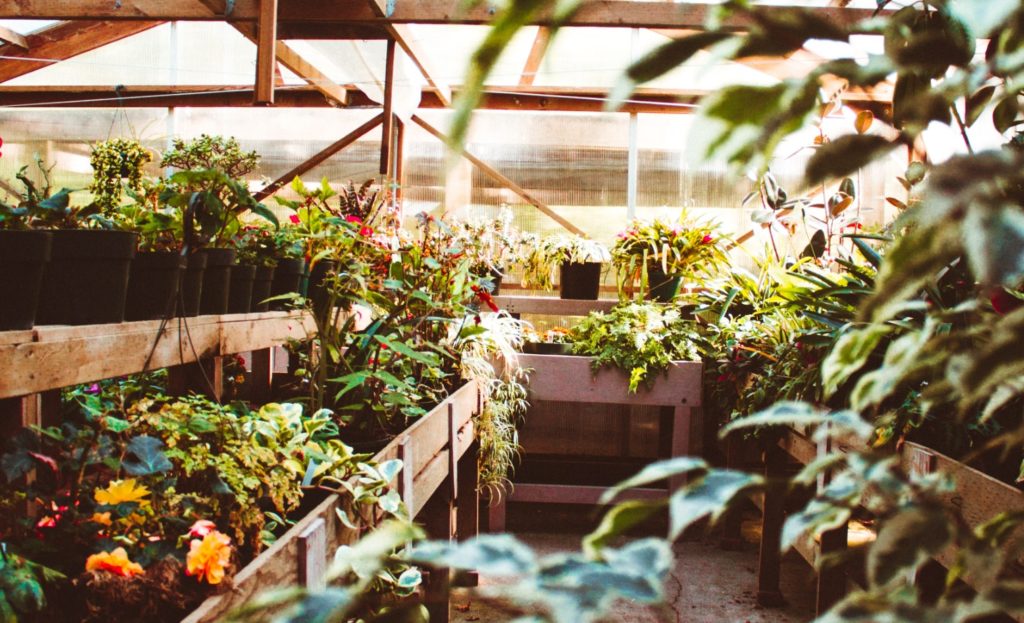
Gardening gives you an incredible opportunity to help your local economy and prevent food deserts. Think about everything that goes into planting a garden. There’s wood for your planter boxes, fertile gardening soil, fertilizers, and the plants themselves. In all likelihood, each of these garden components can be sourced from a local producer or store. Your boxes can come from a local lumber yard. The soil, fertilizer, and plants can come from a local nursery.
How much of an impact will your garden have on the local economy? According to a study conducted by the Institute For Local Self-Reliance in 2003, if you spend $100 at locally owned, independent businesses, you generate another $45 in secondary local spending. [5] That spending continues to help stimulate your local economy. Shopping at a corporate, big-box chain store produces only $14 in local secondary spending.
Read More: 10 Seeds Everyone Should Grow and Store in Case of a Global Emergency
Gardening builds resilient communities
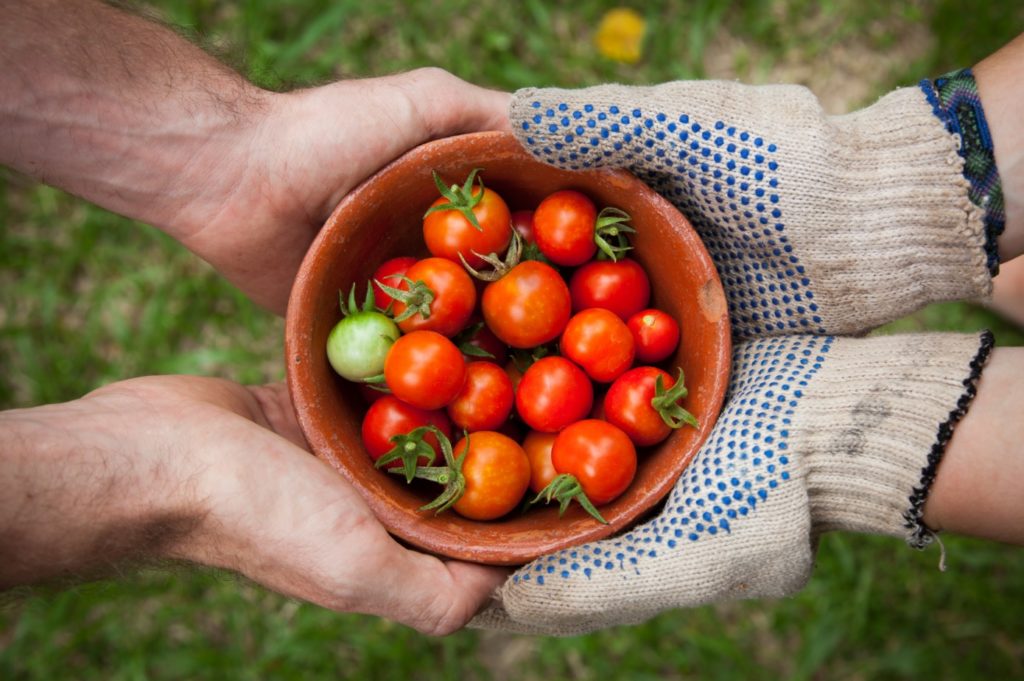
Keep Reading: 10 Weird Gardening Hacks That Really Work
If you’re growing a few tomato plants and a handful of herbs, you probably don’t know how exactly you’re helping to make your community more resilient to problems like food deserts and natural disasters.
A food desert is an urban area in which it is difficult to source and buy fresh vegetables and generally good-quality food. This might be a neighborhood in which there are a few corner markets that sell processed foods, but don’t have a stand for fresh fruits and vegetables. But when you garden, not only are you producing fresh food for yourself, but you demonstrate to the community at large that gardening is both accessible and a solution to the problem of food deserts.
The more food that can be grown locally, whether its in your yard, on a balcony, in a community garden, or in another space available for use, the more resilient your community is to food scarcity and unavailability.
Read More: Secrets of Companion Planting and Popular Planting Combinations
